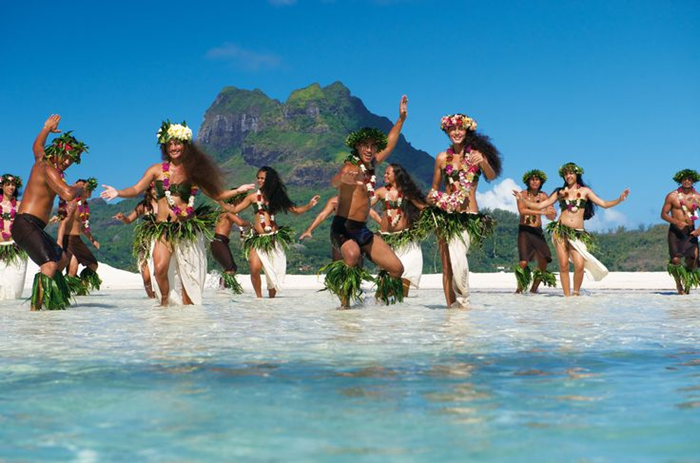Traditional Hawaiian culture dates back to the pre-contact period of Hawaiian history and is part of the general cultural plan of the peoples of Polynesia. As the national consciousness of the Hawaiian islanders grew, traditional culture played an increasingly prominent role.
The early 1970s were marked by the emergence of the “Hawaiian Renaissance.” Interest in learning the Hawaiian language arose, numerous hula dance groups appeared, the genre of Hawaiian music and the practice of ancient rituals arose.
The traditional Hawaiian religion, animistic polytheism (paganism), which implied human sacrifice, did not survive. In the early 19th century, the numerous gods were replaced by American Calvinist Christianity. The remains of the foundations of ancient altars – heiau – are a reminder of the past. Christianity in Hawaii has a very wide range of denominations. Many of them are the legacy of agricultural workers from different countries. The predominant Christian churches are: Roman Catholic, Church of Jesus Christ, Mormon, Assembly of God, Seventh-day Adventists and Jehovah’s Witnesses. There are also a large number of Buddhist temples.
